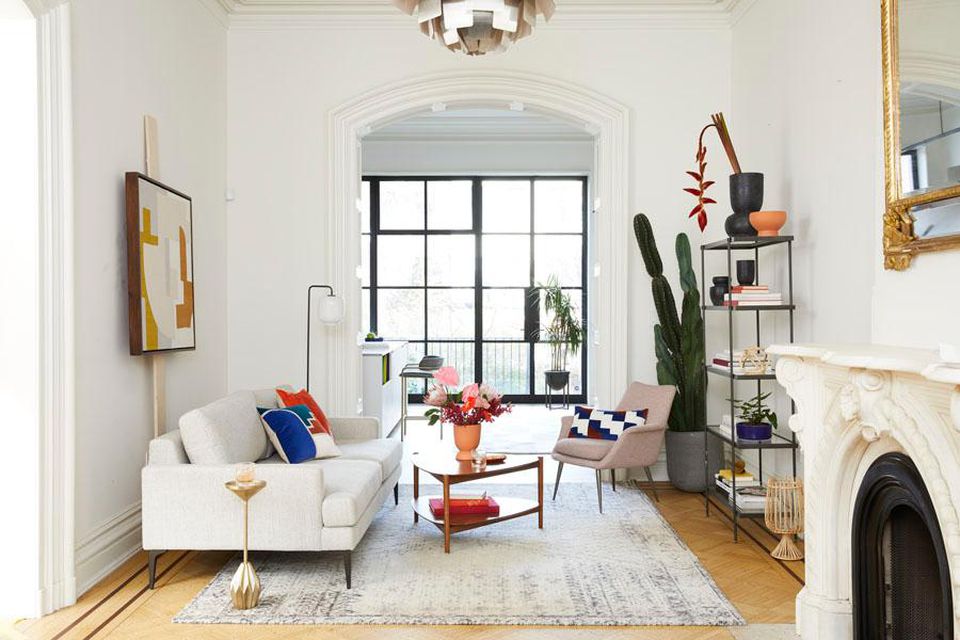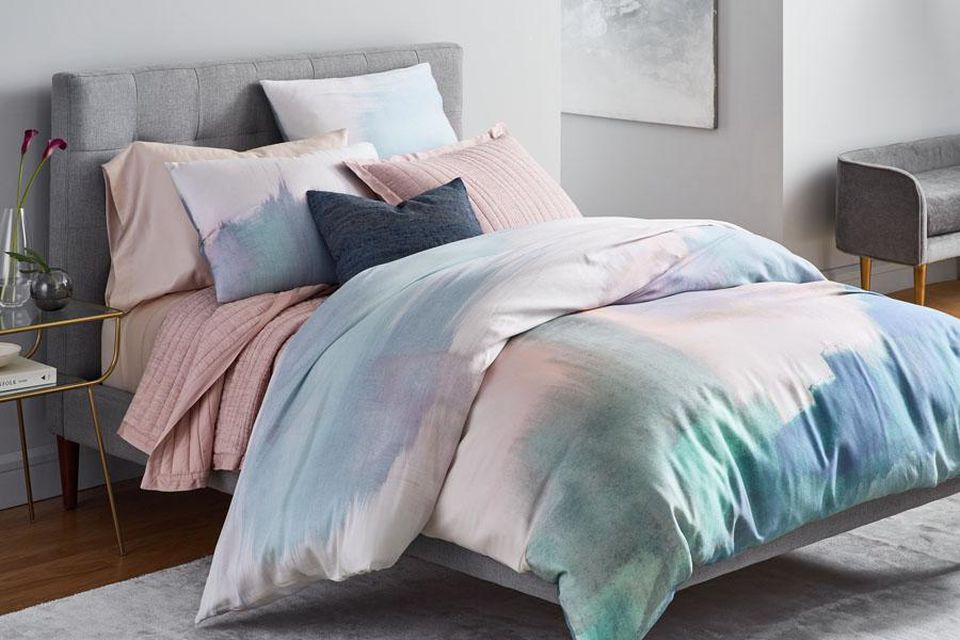ARTICLE SUMMARY:
When Rent the Runway (RTR) stormed onto the fashion scene, it created an entirely new retail audience: clothes renters. Other companies, like Le Tote, quickly followed suit (no pun intended), getting into the fashion rental business capturing this lucrative and novel group of consumers.
Now, RTR is back to breaking into new markets. This time, that market is home rentals. Partnering with West Elm, the two companies formed two packages to offer on RTR’s site—one for bedrooms and one for living room decor. The first home furnishings and decor companies to venture into this space in recent years were Feather and Joymode, who proved the rental market isn’t limited to clothes. Going into this venture together, West Elm and RTR are only starting with decor, with the future dripping with possibilities of expansion into furnishings—but, not without doing their due diligence by learning what they can from consumer behavior.
The rental customers are there, but who will do the best job in delivering that service and product? RTR mastered the art of logistics and performance marketing with its clothing rentals, but will it be able to duplicate its success with home products? We’ll be keeping a close eye on those companies venturing into this niche and looking to see what creative infrastructure and merchandise options come out the victors.
This article was originally published in Forbes: Are Rentals The Next Frontier For Retail?. You can also dig in deeper by reading the full article below.
Are the retail customers of this generation commitment-phobes? You would think so based on the rapid growth of the rental and resale market, but the answer is a little more complicated.
Coherent Market Insights estimates that the global online clothing rental market was valued at $1.5 billion in 2017 and will increase by 9.4 percent by 2026. Two influential factors account for the increased adoption of a rental/resale model in clothing: the demand created for constant wardrobe variety by social media and the growing consciousness around sustainability, particularly amongst younger generations. In response, a number of companies have sprung up to attack this new niche, including rental pioneer Rent the Runway and companies like Le Tote, Gwynnie Bee, Bag Borrow or Steal and Union Station.
However, clothing can no longer claim a monopoly on the retail rental market. Today, Rent the Runway and West Elm announced a partnership to extend the rental concept to home design. The companies plan to offer two packages: bedroom bundles that mix quilt, coverlet, throw or blanket with shams and decorative pillows to dress a bed and living room bundles that pair decorative pillows with throws to accessorize a living space.

Both offerings will be made available online by Rent the Runway as part of its RTR Unlimited package. To further captivate and convert target audiences, the two companies have various activations planned in their respective stores, starting with the West Elm in Austin.
Rent the Runway and West Elm are not the first to apply the rental trend to the home category. Last year, Feather, the furniture rental service who has also partnered with West Elm, announced their foray into furniture subscriptions. Other multi-category companies like Joymode also offer rental subscriptions for everything from tents to video games to pasta makers.
The West Elm and Rent the Runway partnership represents a natural extension of both businesses. West Elm President Alex Bellos, pointed out that his customers are already actively involved in the sharing economy on their own, as most people resell furniture over its lifetime. “With this partnership, we’re excited to take a more active role in that conversation,” he added. According to Maureen Sullivan, COO of Rent the Runway, “home” repeatedly came up when surveying customers about other services they wanted from the company.

Adding to the appeal of the partnership and broadening their collective customer base, both companies also maintain a strong commitment to sustainability. West Elm actively focuses on growing its use of organic cotton and FSC certified wood [to ensure that products come from responsibly managed forests] and sustainability has always been a core pillar of Rent the Runway’s mission. “This is a sustainable and smart way to access newness and variety in the home market,” noted Sullivan, “Rental at a macro level means you’re not committed to owning it forever.”
Though this phase of the partnership is only focused on home design, Rent the Runway and West Elm didn’t rule out adding furniture rental options in the future. “We want to get some learnings in phase one, and then we’ll grow from here,” affirmed Sullivan.
Home furnishing and home design are a natural evolution of the rental economy, but it’s unclear what percentage of home items will find rental demand. It is easy to envision a future where a consumer owns staples, such as a bed or sofa, but rents decorative items like accent chairs, art or even storage items more specific to the layout and architectural style of a home. The next key phase for companies exploring this undefined section of the retail industry will entail determining demand and establishing logistics infrastructure.
Rent the Runway pioneered a logistics model for renting clothing, cleaning and mending rental garments all in a day. Through this partnership, West Elm and Rent the Runway have the opportunity to innovate an entirely new infrastructure for this relatively untapped retail rental realm. It will be interesting to see what’s ahead for them and the broader rental industry overall.
Related Posts
-
CommerceNext 2018 Photos Released
CommerceNext was a hit! With 400+ ecommerce and retail leaders…
-
Introducing CommerceNext - The Retail and Ecommerce Conference for Next Level Customer Acquisition
We want to share some exciting news with the retail…
-
2017 CommerceNext Holiday Party Photos
On Wednesday, December 6th, we hosted our first holiday party…




